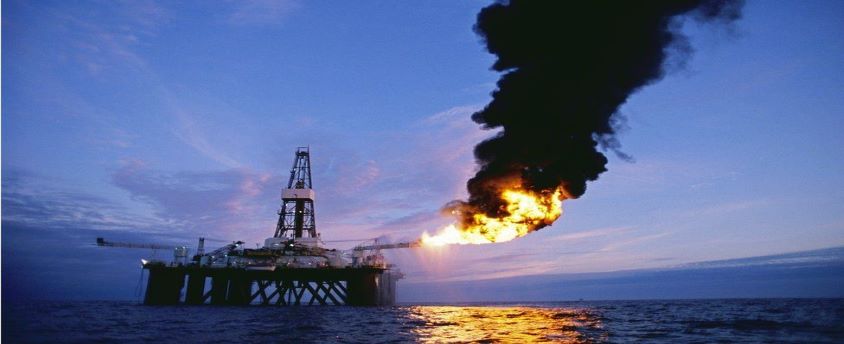Leading financiers who pledged Net Zero are still backing fossil fuel expansion
20, Jan 2023

Prelims level : International Relations & Organizations
Mains level : GS-III Conservation, Environmental Pollution and Degradation, Environmental impact assessment.
Why in News?
- The world’s largest banks and asset owners (members of GFANZ) that have pledged Net Zero actions are continuing to fund the expansion of the coal, oil and fossil gas industries.
About GFANZ:
- The Glasgow Financial Alliance for Net Zero (GFANZ) is a global coalition of leading financial institutions that claim to be committed to accelerating the decarbonisation of the economy.
- It was launched in 2021 by the UN Special Envoy on Climate Action and Finance and COP26 along with UNFCCC Race to Zero Campaign. It has over 550 members.
About Race to Zero Campaign:
- Race to Zero is the UN-backed global campaign rallying non-State actors – including companies, cities, regions, financial, educational, and healthcare institutions – to take rigorous and immediate action to halve global emissions by 2030 and deliver a healthier, fairer zero-carbon world in time.
What is a Long-Term Low Emissions Development Strategy?
- The LT-LEDS are qualitative in nature and are a requirement emanating from the 2015 Paris Agreement.
- Under the Paris agreement, countries must explain how they will transition their economies beyond achieving near-term Nationally Determined Contributions (NDCs) targets and work towards the larger climate objective of cutting emissions by 45% by 2030 and achieve net zero around 2050.
- The Strategy is based on four key considerations that underpin India’s long-term low-carbon development strategy.
- India has contributed little to global warming, its historical contribution to cumulative global GreenHouse Gases emissions being minuscule despite having a share of ~17% of the world’s population
- India has significant energy needs for development
- India is committed to pursuing low-carbon strategies for development and is actively pursuing them, as per national circumstances
- India needs to build climate resilience
- The LT-LEDS is also informed by the vision of LiFE, Lifestyle for the Environment.
- LiFE calls for a world-wide paradigm shift from mindless and destructive consumption to mindful and deliberate utilization.
What is net-zero?
- Net-zero, which is also referred to as carbon-neutrality, does not mean that a country would bring down its emissions to zero.
- Rather, net-zero is a state in which a country’s emissions are compensated by absorption and removal of greenhouse gases from the atmosphere.
- Absorption of the emissions can be increased by creating more carbon sinks such as forests, while removal of gases from the atmosphere requires futuristic technologies such as carbon capture and storage.
Background of the Issue:
- A very active campaign has been going on for the last two years to get every country to sign on to a net-zero goal for 2050. It is being argued that global carbon neutrality by 2050 is the only way to achieve the Paris Agreement target of keeping the planet’s temperature from rising beyond 2°C compared to pre-industrial times.
- The net-zero formulation does not assign any emission reduction targets on any country.
Net-zero and the Paris agreement:
- The net-zero goal does not figure in the 2015 Paris Agreement, the new global architecture to fight climate change.
- The Paris Agreement only requires every signatory to take the best climate action it can.
- Countries need to set five- or ten-year climate targets for themselves, and demonstrably show they have achieved them.
- The other requirement is that targets for every subsequent time-frame should be more ambitious than the previous one.
Other countries commitment to net- zero:
- Several other countries, including the UK and France, have already enacted laws promising to achieve a net-zero emission scenario by the middle of the century. Even China has promised to go net-zero by 2060.
- The European Union is working a similar Europe-wide law, while many other countries including Canada, South Korea, Japan and Germany have expressed their intention to commit themselves to a net-zero future.
Challenges unique to India:
- Over the next two to three decades, India’s emissions are likely to grow at the fastest pace in the world, as it presses for higher growth to pull hundreds of millions of people out of poverty.
- No amount of afforestation or reforestation would be able to compensate for the increased emissions.
- Most of the carbon removal technologies right now are either unreliable or very expensive.






